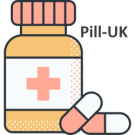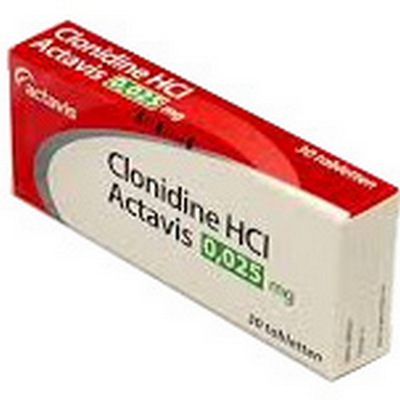Do you have high blood pressure? This means that you are familiar with dizziness, “flickering” in front of the eyes, a feeling of heaviness in the head and tinnitus. Many people are looking for the perfect medicine that will easily relieve these symptoms. There are no perfect ones, but clonidine, while not promising instant miracles, is able to keep blood pressure at an adequate level, without obvious problems in any way. Here are the main properties of this popular British antihypertensive, which is sure to help keep your blood vessels tonic.
Bingo! Here you can not only read the description of the drug, but also buy it, and not just for fun, but at the best price and without a prescription. Maximum convenience when ordering online and fast delivery as nice additional bonuses.
What Clonidine Is And How It Affects The Body
As mentioned above, clonidine is an antihypertensive agent that acts at the level of neurohumoral regulation of vascular tone. Prolonged use of clonidine results in reduced myocardial hypertrophy and improved left ventricular function. Clonidine has a sedative and analgesic effect. Due to its central action, it can eliminate somato-vegetative manifestations of opiate and alcohol withdrawal and lower intraocular pressure by reducing secretion and improving outflow of aqueous humour from the eye. The drug begins to act within 30 minutes of ingestion, the maximum effect is reached within 1-2 hours and the action lasts for 8-12 hours.
Indications For Use Of Clonidine
The drug is used to treat the following conditions and phenomena:
- High blood pressure (hypertension, including treatment of hypertensive crises);
- Attention deficit hyperactivity disorder;
- Drug withdrawal syndrome;
- pain relief in spinal infusion.
Contraindications For Use
Contraindications include hypersensitivity to clonidine or other components of the drug, arterial hypotension, marked atherosclerosis of cerebral vessels, peripheral arterial occlusive disease, sinus node weakness syndrome, depression, cardiogenic shock, arterial hypotension, marked cerebral vascular changes, pregnancy, lactation period.
Before starting treatment, consult your doctor and inform him/her of any medical conditions, allergies and medications you are taking. This will help ensure the correct treatment regimen.
Side effects
Adverse reactions such as dry mouth, decreased appetite, nausea, vomiting, constipation, intestinal pain, decreased gastric secretion, asthenia, dizziness, headache, tinnitus, drowsiness, slowed mental and motor reactions, anxiety, nervousness, depression, vivid dreams or “nightmares” may occur during treatment. In some cases, gynaecomastia, pain in the parotid glands and poor nasal secretions may occur when using high doses of clonidine.
In case of side effects, consult your doctor.
Posology and Administration of Clonidine
The tablets should be taken orally with plenty of water, regardless of meals.
Consult your doctor before starting treatment. Doses different from those recommended below may be necessary.
For hypertension, a starting dose of 0.075 mg 2-3 times a day is usually prescribed. If the hypotensive effect is not sufficient, the single dose is increased every 2-3 days by 0.0375 mg up to 0.15-0.3 mg per dose 3 times daily.
During treatment with clonidine, blood pressure should be monitored regularly and alcohol intake is strictly prohibited.
Abrupt discontinuation of Sloidin may cause withdrawal syndrome, so the daily dose should be gradually reduced before discontinuation.


